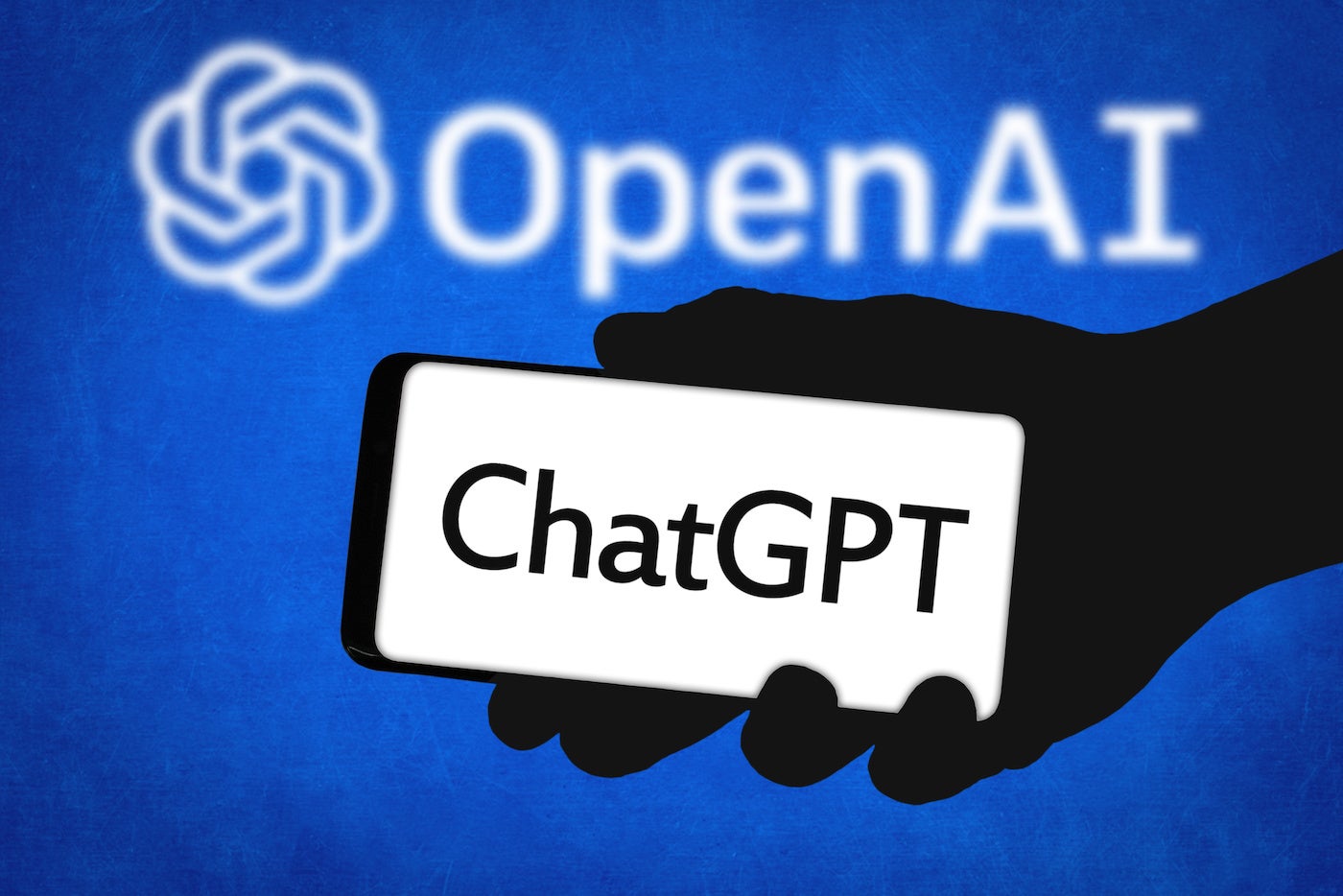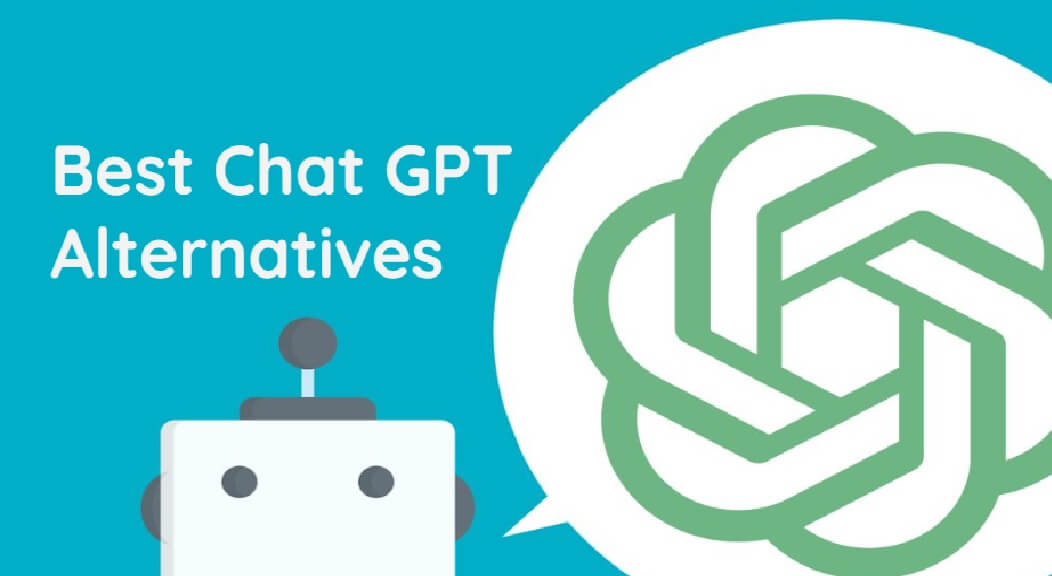No Sign-In? ChatGPT Search Just Got Easier!
In a move that could drastically reshape the search engine landscape, OpenAI has made ChatGPT Search available to everyone, with no sign-in required. This is a significant step forward in making conversational AI more accessible and could have profound implications on how we interact with the internet moving forward. By eliminating the need for users to create accounts, OpenAI is making ChatGPT Search an instant, hassle-free tool for anyone to use. But what does this mean for the future of search engines, and how will it impact companies like Google, which has long dominated the search industry?
The End of Sign-In Barriers
For many, one of the most convenient aspects of ChatGPT Search’s recent shift is the removal of sign-in requirements. This change allows anyone to jump straight into using the search tool without the usual obstacles of account creation, authentication, and sign-in prompts. In an era where online privacy concerns and account fatigue are growing, the simplicity of accessing ChatGPT Search immediately without needing a login will likely make it more attractive to a wide range of users. This move positions OpenAI’s search service as not only a powerful alternative to traditional search engines but also a highly accessible one.
A Competitive Threat to Google
Google has been the reigning king of search engines for over two decades, becoming synonymous with finding information online. Despite occasional competition from services like Bing or Yahoo, Google’s dominance has remained virtually unchallenged. However, OpenAI’s ChatGPT Search could pose a real threat to Google’s long-held market share.
Unlike traditional search engines, which deliver lists of links that users must sift through to find the information they need, ChatGPT Search offers a more conversational, direct, and context-aware experience. It answers questions in a human-like manner, providing responses that are tailored to the specific query. This offers a more efficient way of getting the information you’re looking for, which could make it more appealing to people who are frustrated with the clunky, link-based nature of traditional search engines.
Moreover, the conversational model behind ChatGPT can continually improve with each use, adapting to user preferences and the context of their queries. This means ChatGPT Search could evolve to offer even more accurate, personalized answers over time, making it a powerful contender against the more rigid algorithms used by search giants like Google.
The Rise of AI-Powered Search Alternatives
With ChatGPT Search’s accessibility, OpenAI isn’t just challenging Google; it could also put pressure on other AI-driven search platforms like Perplexity. AI-driven search tools aim to provide a more intuitive and personalized search experience by leveraging the capabilities of natural language processing (NLP) and machine learning. While traditional search engines use keywords and algorithms to rank results, AI-powered search systems like ChatGPT understand the intent behind user queries, making it possible to deliver more relevant and context-sensitive responses.
The rise of ChatGPT Search makes it easier for users to explore different perspectives on a given topic. Instead of being bombarded with links to external sources, users can engage directly with an AI model that synthesizes and analyzes information on the fly. This could mark the beginning of a shift away from the days of endlessly clicking through links and toward more direct, conversational answers powered by artificial intelligence.
Increased Pressure on Traditional Search Engines
Google’s core business model relies on advertising revenue generated through search results, where companies pay to be ranked higher on the search page. However, AI-powered search engines like ChatGPT Search could disrupt this model. If users are finding answers directly within the AI interface—without needing to click through multiple links—there’s less opportunity for traditional advertising placements. This shift could force companies like Google to rethink their business strategies and explore new ways of monetizing search.
Additionally, as AI-powered tools like ChatGPT continue to improve, their accuracy and depth of understanding could make traditional search engines seem outdated in comparison. While Google has made strides in incorporating AI into its own search offerings (such as the integration of Google Assistant and AI-driven features), it’s still largely relying on the traditional search model. ChatGPT Search, by contrast, offers a fresh, innovative approach, which could attract users looking for a more streamlined and human-like experience.
A New Era for Online Search
In a digital age where the demand for more personalized, context-aware services is ever-growing, ChatGPT Search could represent a shift toward a more intuitive, conversation-driven internet. By making it easy for anyone to access, OpenAI has lowered the barrier for entry and made AI-powered search an option for everyday users, not just tech enthusiasts or early adopters.
The competition that ChatGPT Search presents to Google and other traditional search engines is only going to intensify. As more people begin to use AI-driven search tools, it’s likely that we’ll see a broad transformation in the way we search for information online. The future of search is no longer confined to static, keyword-based results; it’s evolving into something far more dynamic and personalized.
In conclusion, the launch of ChatGPT Search without sign-in requirements is just the beginning of a larger shift in the world of online search. OpenAI’s decision to remove sign-in barriers opens up new possibilities for users, creating a more accessible, efficient, and AI-powered alternative to traditional search engines. As the world embraces AI more fully, we’re likely to see the search engine landscape continue to evolve, with ChatGPT Search at the forefront of this revolution.
AI Meets War: How the Ukraine Crisis is Shaping NATO’s Next Generation of Combat | Maya





Деятельность в области недропользования — это комплекс работ, связанный с освоением природных ресурсов.
Оно включает поиск природных ресурсов и их промышленное освоение.
Недропользование регулируется нормативными актами, направленными на охрану окружающей среды.
Эффективное управление в недропользовании способствует экономическому росту.
оэрн